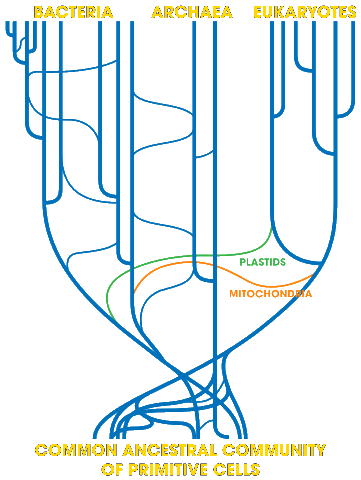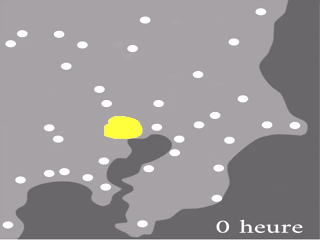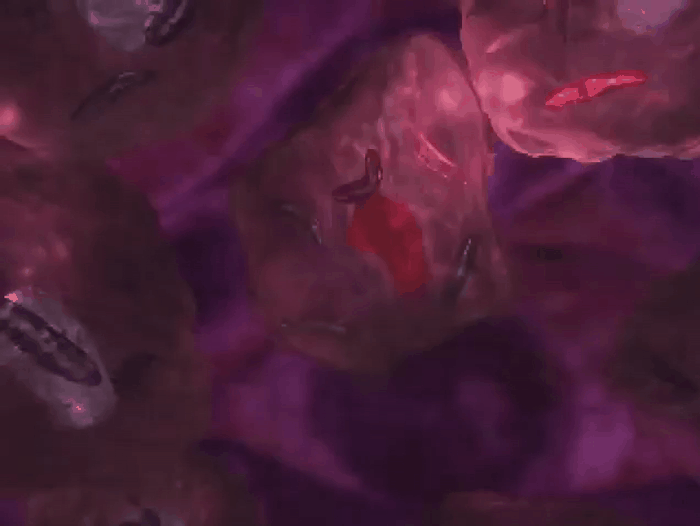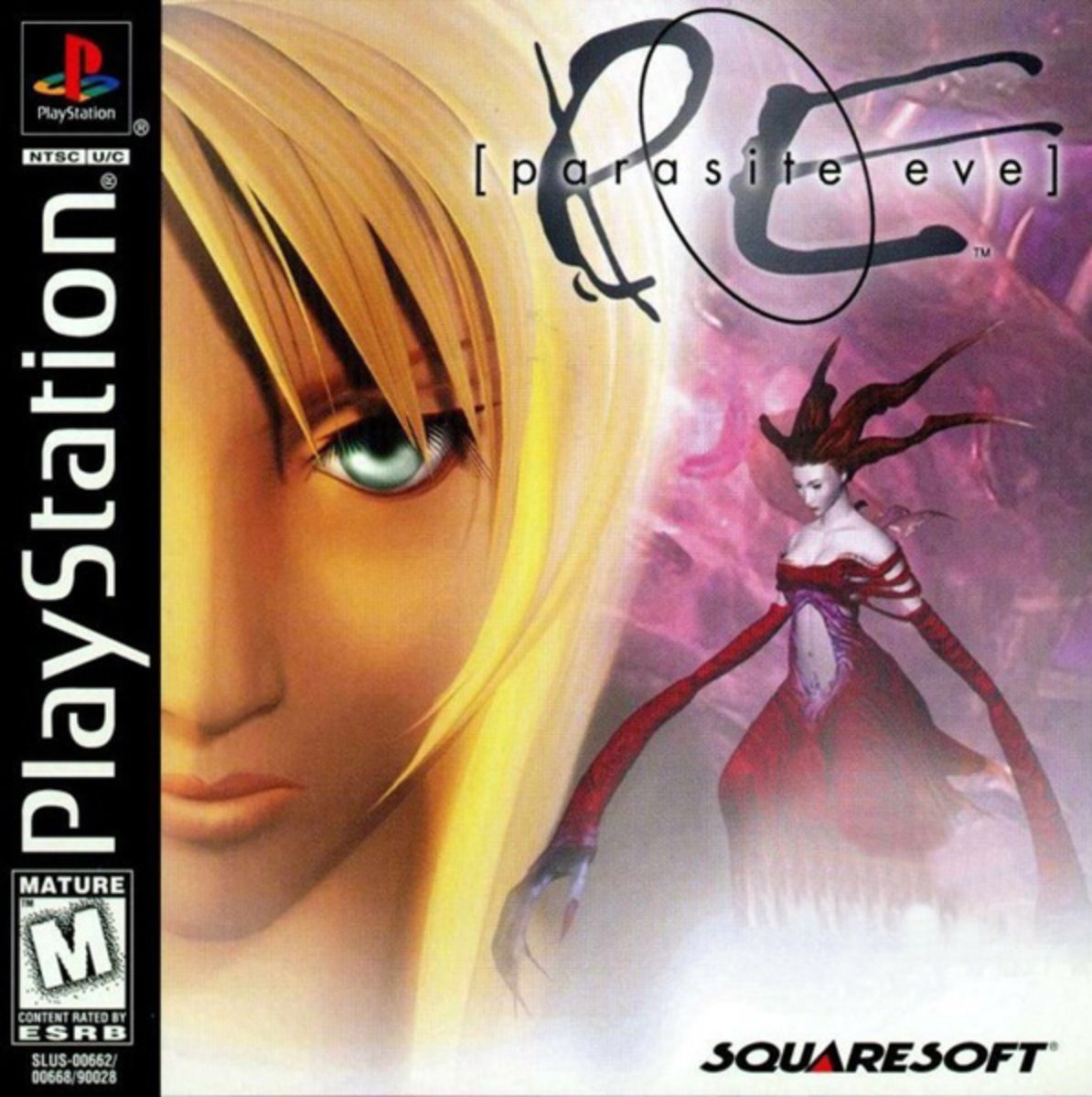|
 |
I have always been interested in Biology. Thanks to this interest, I was able to look at Parasite Eve not just as an exciting adventure, but as a kind of scientific theory. Mitochondria, which are part of our cells, suddenly acquire their intelligence and are trying to overthrow humanity from the pedestal of evolution. Much later, I learned about such things as the Huronian glaciation, The Great Oxidation Event (GOE), as well as Horizontal gene transfer (HGT) and Cellular memory. Primitive unicellular organisms could influence the planet's climate, causing a real Ice Age, exchanging genes with each other, adapting to the most extreme environmental conditions and surviving where any multicellular organism would have perished long ago. |
 |
 |
All this led me to the idea that unicellular organisms, constantly changing and exchanging genes with each other, can create something like a nervous network, similar to the one that Physarum polycephalum forms. So these guys don't need a complex multicellular structure like a brain... They can all be combined into a much more complex but fragmented structure. Such a network would, firstly, be much larger than the largest conventional brain and, secondly, would be able to take advantage of the adaptability of single-celled organisms. So, for example, instead of neural connections, this network will be able to create analogs that are needed for a given specific monent and suitable for this specific situation. For hundreds of thousands of different situations. |
 |
 |
It is logical to assume that the perception of the surrounding world in such a form of life will be very different from everything we could imagine. Having a mind capable of adapting to almost any conditions, existing as if outside the body and being essentially non-sert, it can endlessly accumulate knowledge, constantly being updated thanks to Horizontal gene transfer (HGT). In addition to ways of perception incomprehensible to us, I think such a being can also be open to various abilities that people consider impossible. In addition to influencing the planet's ecology, it can have an outstanding intellect and have goals that go beyond the understanding of mankind. |
 |
 |

